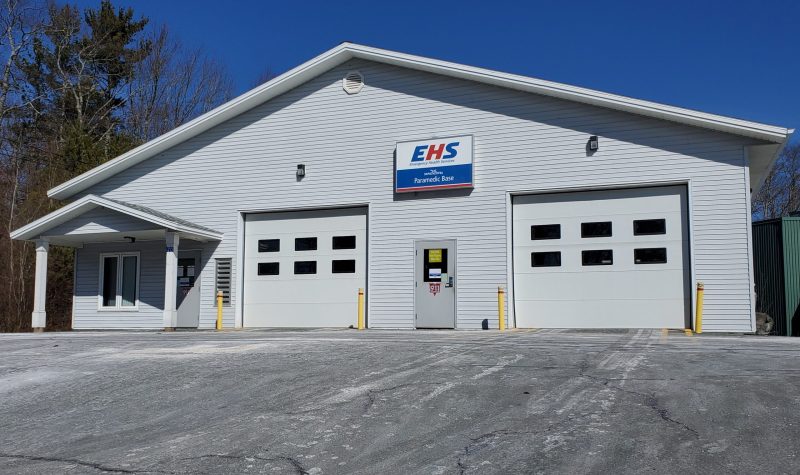Calling an ambulance won’t always mean a ride to the hospital.
One of the findings in a new report released Monday said to reduce the amount of time ambulances sit in hospitals waiting to offload patients, they should be allowed to use their advanced medical training to treat some patients at home.
Nova Scotia minister of Health and Wellness Zach Churchill says the recommendations will take the onus off transportation and back onto patients.
“It’s going to improve patient care and it’s going to better support our paramedics and help them focus on doing what they signed up to do and that’s responding to emergent cases and saving lives.”
The province commissioned a report on Nova Scotia’s EHS system back in 2018 from consulting firm Fitch and Associates.
Government received the report in October of 2019 but because negotiations were underway between the province and EHS provider Emergency Medical Care, Inc. their findings were only made public Monday.
One of the authors of the report Guillermo Fuentes says overall, his firm is impressed with the EHS system in Nova Scotia, but the perception of the service paramedics provide needs to change.
“Focusing strictly on response times is doing a disfavour to patient outcomes when the focus really needs to be on the medical model.”
The report aims to reduce the number of people coming into hospital emergency departments and get those in the ED needing more care admitted into in-patients in a timely fashion.
Churchill announced he will be making a ministerial directive for ambulances to offload their patients within 30 minutes of arriving at an emergency department and for EDs to admit people to in-patient care within 12 hours.
The CEO of the health authority will be responsible for ensuring those timelines are met and reporting the results to the deputy minister.
The report also aims to reduce the amount of time ambulances are used to transport patients between health care facilities. The province previously announced three medical transport vans are expected to be on the road providing that service sometime this spring,
The newly agreed EHS contract calls for the non-emergency transportation system to be expanded.
Government has adopted 64 of 68 recommendations in the Fitch report.
The new contract for EHS services goes into effect April 1 and runs for five years with options to extend it to nine.
Reported by Ed Halverson
E-mail: edhalversonnews@gmail.com
Twitter: @edwardhalverson
To listen to the broadcast of this story, press play below.


